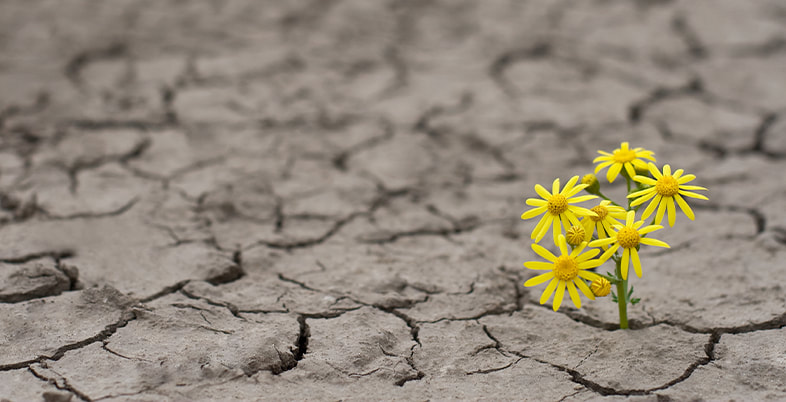|
Originally posted by Jen Vishloff for Peak Resilience:
For the last few weeks I’ve been talking with my family, friends, and clients about how down we all feel in response to all the cancelled events and changed plans as a result of the necessary physical distancing measures needed to slow the spread of Covid-19. Whether it’s your regular DnD session, a soccer game, a thru-hike, a big trip, a concert, or a wedding, it makes sense to have some big emotions about those events not happening in the way you planned them, or not happening at all. The loss of all those events and plans is afterall, a loss. It’s totally normal to need some time and space to grieve that loss. It’s ok to be sad. Sadness, hurt, anger, disappointment, and other emotions are normal responses to loss. Sometimes we place value judgments on our losses and deem them unworthy of being upset about. I’ve heard a lot of ….but I really shouldn’t be so upset about __________ when other people have it way worse. People are suffering right now, there is no doubt about it. People have lost loved ones, contact with others, freedom, jobs, a sense of normalcy, safety, and security among other things. Other people’s pain and suffering does not delegitimize your own. There is no competition where whoever’s suffering is deemed the greatest wins. Everyone’s pain matters. For more on this, check out Brene Brown’s podcast Unlocking Us. Suffering and pain does not need to be exclusive to one cause or one person. You can be sad or angry that Coachella was postponed this year and still be scared about the threat of Covid-19. You can feel disappointed that your volleyball league is on hiatus, and still have compassion for people who have been laid off. You’re allowed to care about more than one thing at a time. If all our time and energy was focused only on the most dire and extreme threats and moments of pain, it would be pretty tough to ever get anything done without drowning in all that pain. Being able to focus on more than that is part of what makes us human. We need to feel these emotions and allow them to move through us. Trying to deny ourselves (or escape) these emotions by judging ourselves and telling ourselves our suffering is not worthwhile because comparatively other’s suffering is greater doesn’t help us or them. Balancing with compassion. While it is a privilege to miss things that make our lives fun and satisfying without necessarily being important for our survival, we also need to balance that with the realities of what is happening in the world right now. If we can give ourselves the space to feel our emotions about how much this sucks right now, we can find some clarity on the other side and take a broader perspective. Being able to see the big picture is an important part of connecting with and sustaining our compassion for others. Compassion is being open to the pain and suffering of others while establishing appropriate boundaries with that pain. Instead of comparing our losses with the losses of others, we would be better off spending our mental energy on opening ourselves to the suffering of others and offering compassion and care. This is good for us and for those receiving. There is a ton of research around the benefits of compassion for self and others. Even if you personally are not concerned about catching this virus, everyone on the planet will be impacted by the loss of life, economic struggle, and mental health struggles that follow in the coming months. Continuing to have compassion and understanding for others is going to be an important part of getting us through this. After all, we’re all in this together. The original post can be found here. Comments are closed.
|
Categories |
